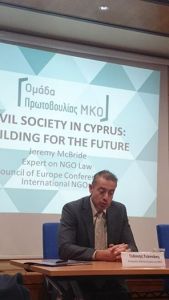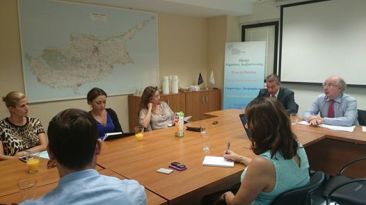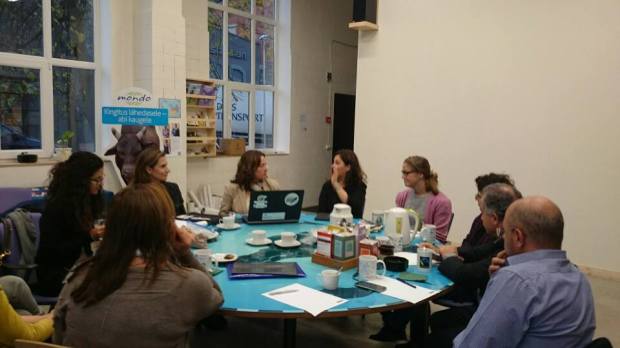
It’s difficult to talk of civil society in Cyprus if you have not lived it.
But if you’re working for an NGO in Cyprus, you know: the road is full of stumbling blocks.
February 26th was different: a landmark day for us. That day, the new draft legislation on associations and foundations went to the parliament to be discussed and finally be voted into law. The NGO Law Initiative has been working for this since 2007.
Over the last decades, the process of registration for anyone wishing to establish their NGO has been seeded with delays, problems, rejections. Often, Cyprus is anything but “enabling” for an organisation wishing to obtain a legal personality. Such an atmosphere creates very frustrating experiences, ones that do not fit international or European standards of Freedom of Association.
Imagine wanting to fight for an important cause in your society. You start your NGO, only to find out you have no support from state structures. What’s worse is that when you try to explain, nobody understands what you’re going through.
This is why seeing the draft law finally being given to Parliament for the final stages of approval has been such a relief. 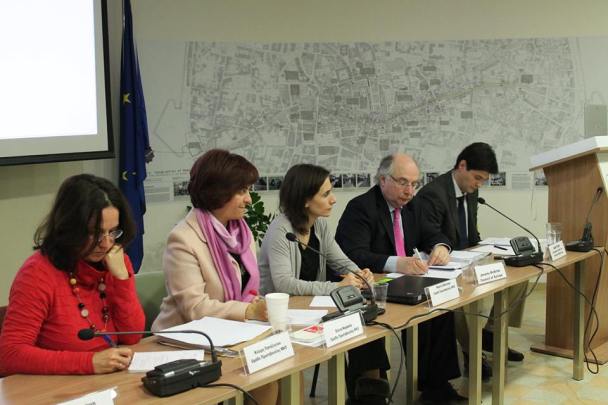 Working with the Initiative
Working with the Initiative
As a member of the NGO Initiative for a number of years now, I have been extremely lucky to work with a motivated team that is looking into the future to build an empowering environment for NGOs.
We’ve been working very closely with UNDP-ACT, the Council of Europe, the European Center of Not-For-Profit Law and tens of NGOs along with the Commissioner for Volunteerism and NGOs who are supporting the NGO Law Initiative. We are also grateful to Parliamentarians who, being part themselves in civil society organisations, understand the value of reviewing and renewing the legal basis for NGOs’ functioning.
It has never been an easy ride for civil society in Cyprus. We are trying to find ways to make the ride a bit easier, so as not to burden already overburdened CSOs with extra bureaucracy. And I think we will have made a difference once this process of adopting the new draft laws is completed.
Of course, this is a long-term process and we understand that it will take place gradually. Still, it needs a plan of action. So in addition to the drafting of the two new legal pieces, we have committed ourselves together with Mr. Jeremy McBride, who represents the Council of Europe and the Commissioner of Volunteerism and NGOs, to the drafting of a Policy Paper on the future of Civil Society in Cyprus. The paper summarises the action steps that we need to work on to achieve our goals. 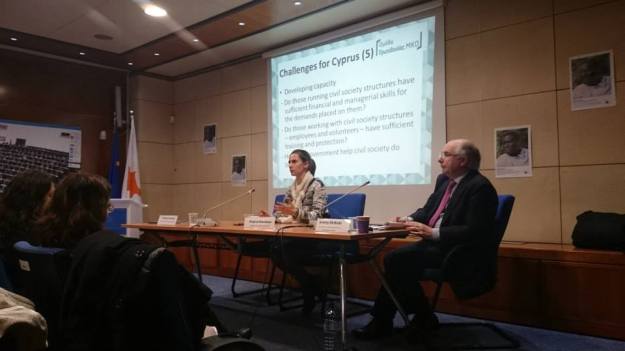 The road ahead: Be a Part of the Change
The road ahead: Be a Part of the Change
Naturally, our work is far from finished. We are still waiting for an equally important draft law: the draft Public Benefit Status Law. This is a new legislation that is giving NGOs an added status together with a set of more strict transparency conditions and also benefits. Having this status will help many NGOs obtain under transparent and not politically motivated procedures, a status that will help their sustainability and work into the future.
We have seen in many ways over the last 3 years the withdrawal of citizens from the political process and their dismay with political parties. This may be a chance for civil society to prove that partisan politics is not everything there is to a democracy. Let’s remember together that active citizenship, as opposed to apathy, should be the rule and not the exception.
If you want to support our work, please go to our website. There you can check out the draft Policy Paper on the Future of Civil Society in Cyprus which is open to your comments by April 17th 2015. Your opinion is very important to us!


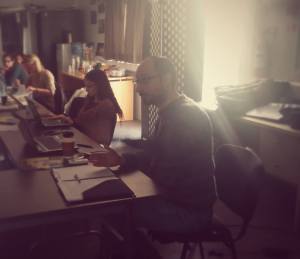
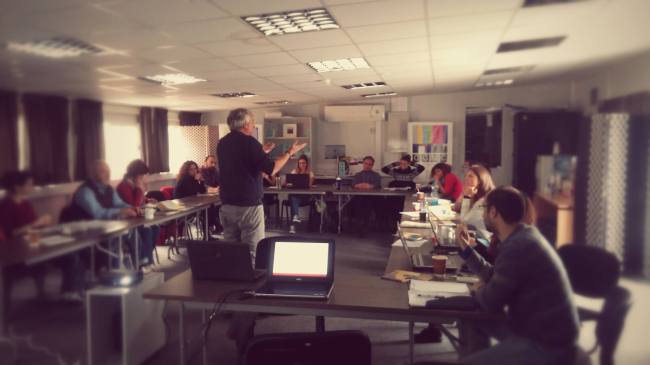
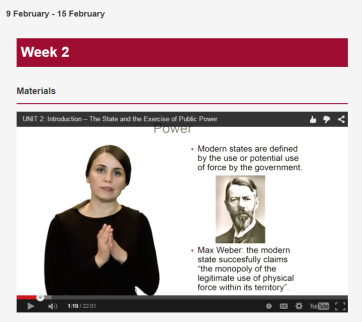
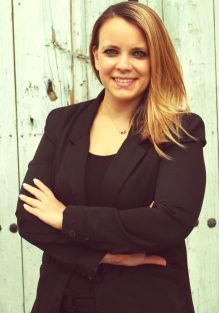
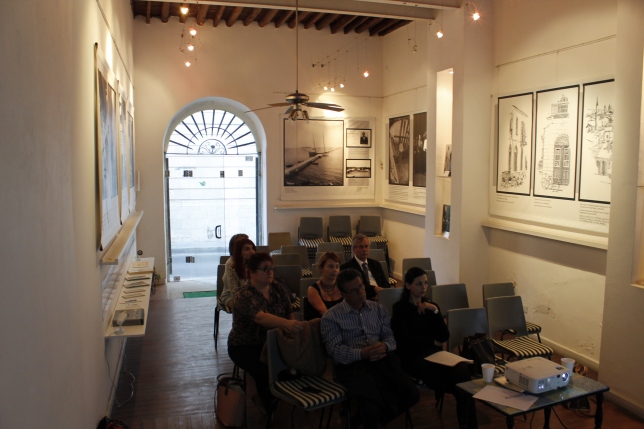
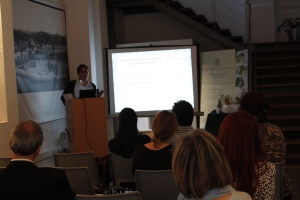
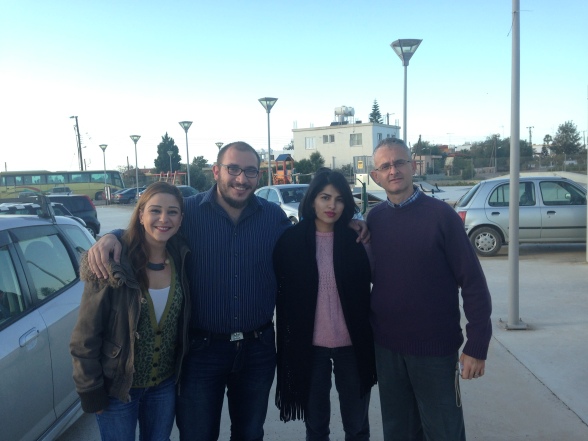
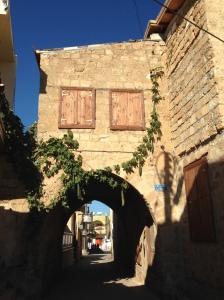
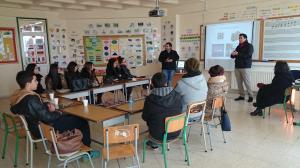

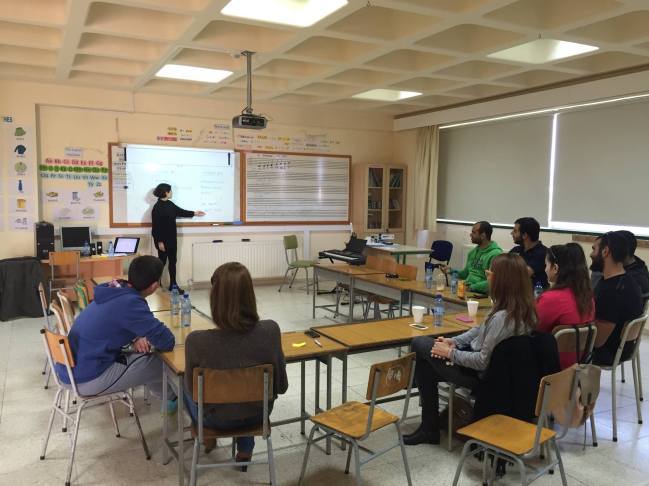
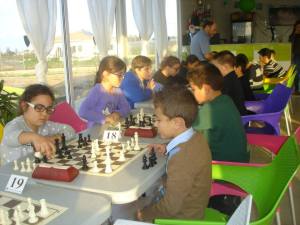
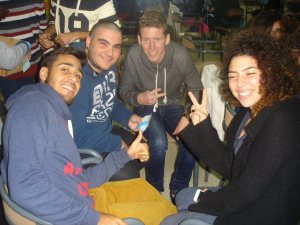
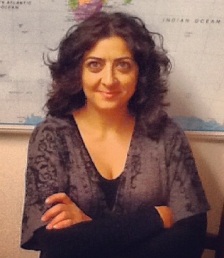
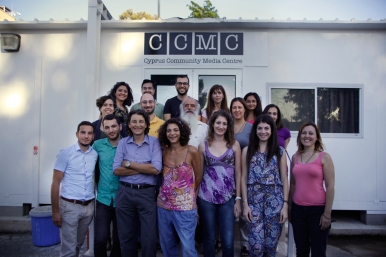
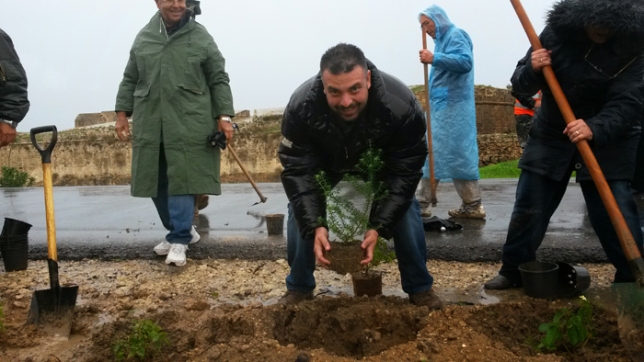
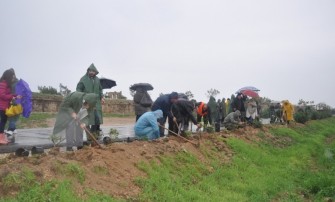
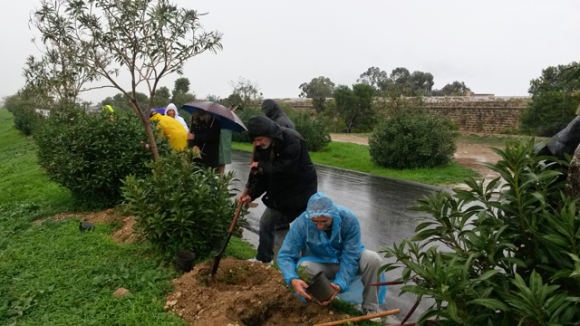
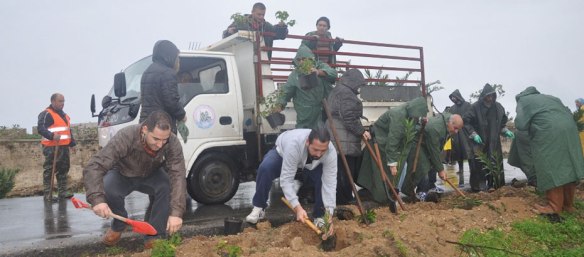
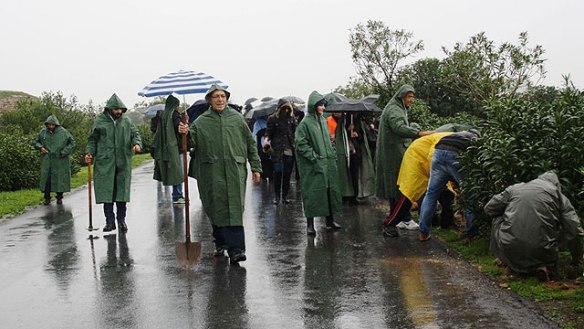

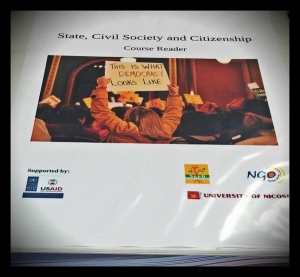


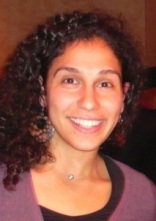
 I was introduced to SCORE when I was hired as a senior researcher at the
I was introduced to SCORE when I was hired as a senior researcher at the 

